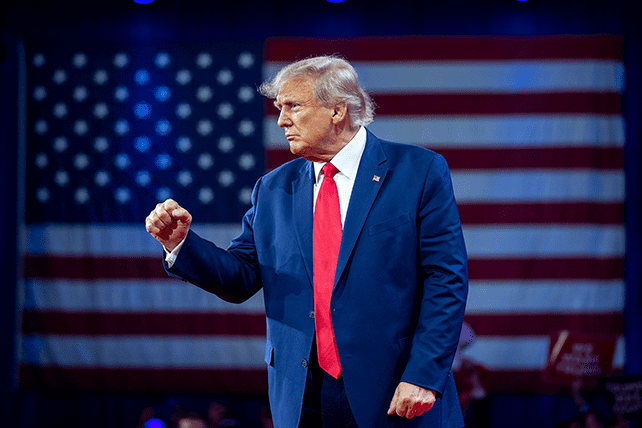“There’s no legitimate teaching of Catholicism that justifies Christian nationalism,” Bishop John Stowe, who oversees the Diocese of Lexington in Kentucky, said in a phone interview.
He later added: “I don’t know what Steve Bannon would claim to be the basis for how this is compatible with his Catholic faith.”
Stowe also had harsh words for groups such as Church Militant that have attacked the church’s work with immigrants, and called integralism “concerning,” saying it “seems so out of place in the United States.”
“It’s hard to understand a legitimate either intellectual or legitimate philosophical grounding for something like that,” he said.
But Stowe also suggested that these groups are better at political messaging than they are at capturing the imagination of rank-and-file Catholics.
“I’ve seen it on the internet. I’ve seen articles about groups or places. I’ve seen hints of it in some of the Catholic Trump material,” he said, referring to Catholic Christian nationalism. “But I have not seen it either in my diocese, or any communities that I have visited or been connected to.”
Even so, Vallier argued that when it comes to building power, perhaps the most important question isn’t how these various factions resemble each other, but what they are united against.
“There is a sense that, ‘OK, can Catholics and Protestants be on the same side?’ Because even if, you know, they’re going to end up battling one another eventually under integralism, at least, they’re going to ask to kind of band together against the left,” Vallier said.
This article originally appeared here.

